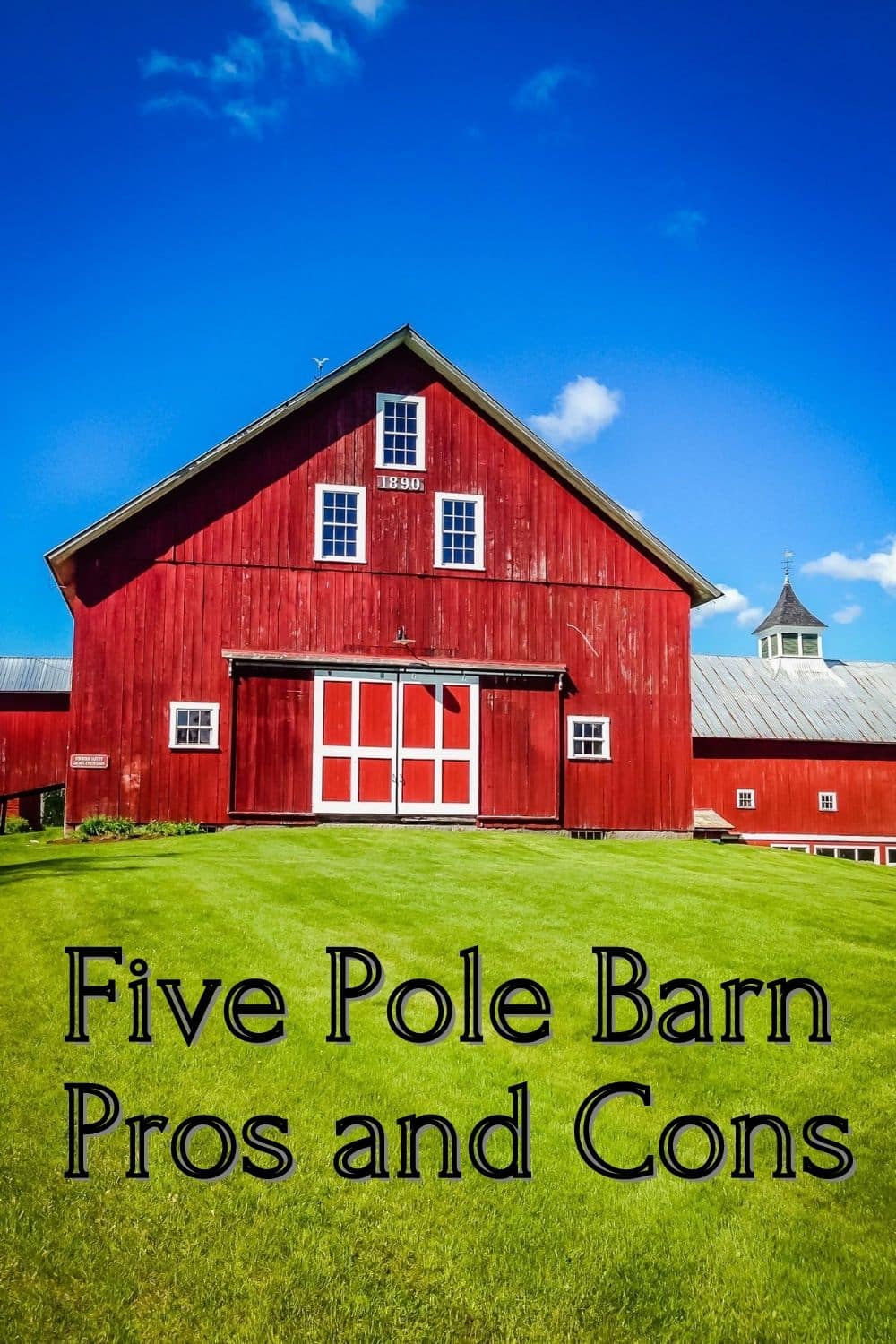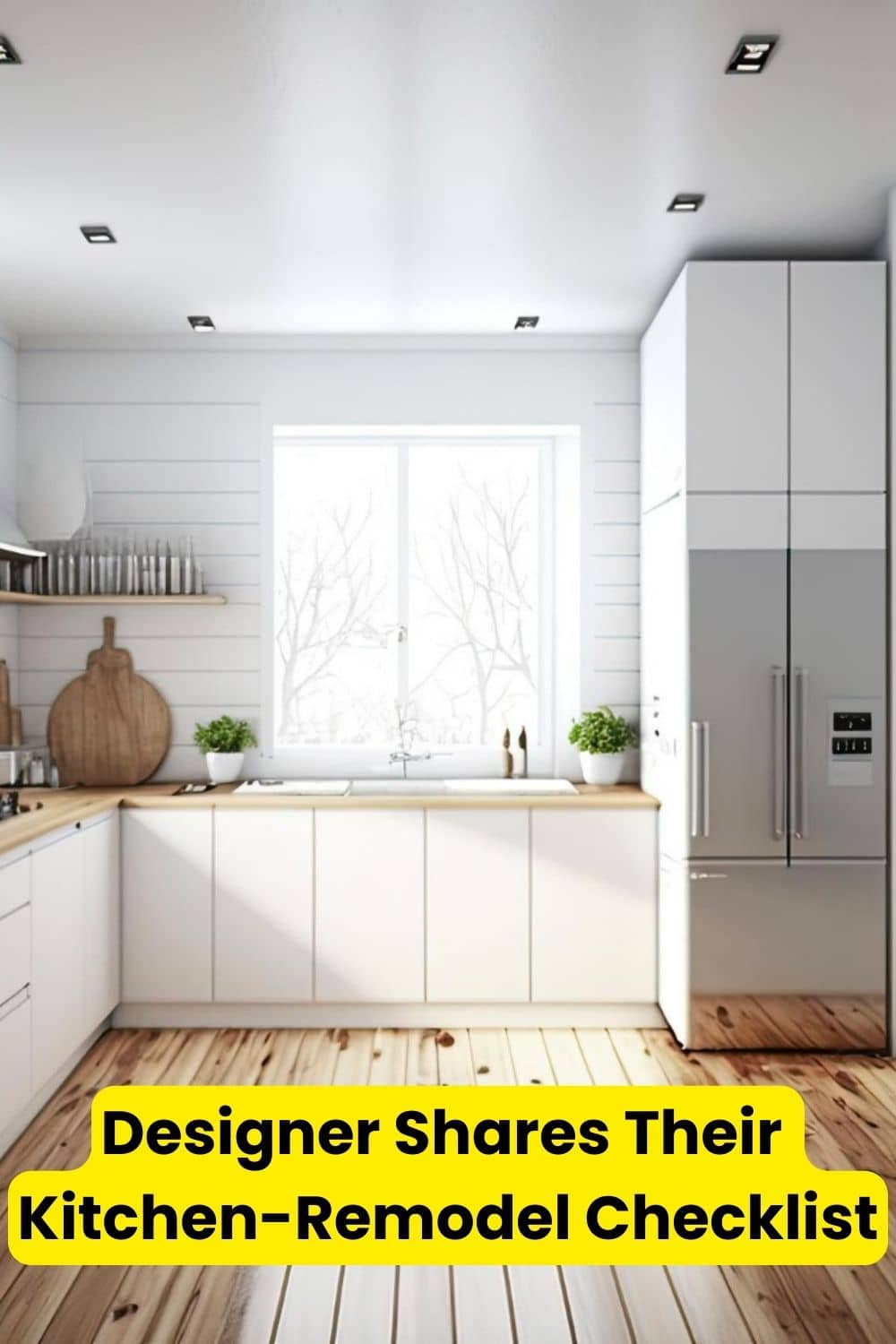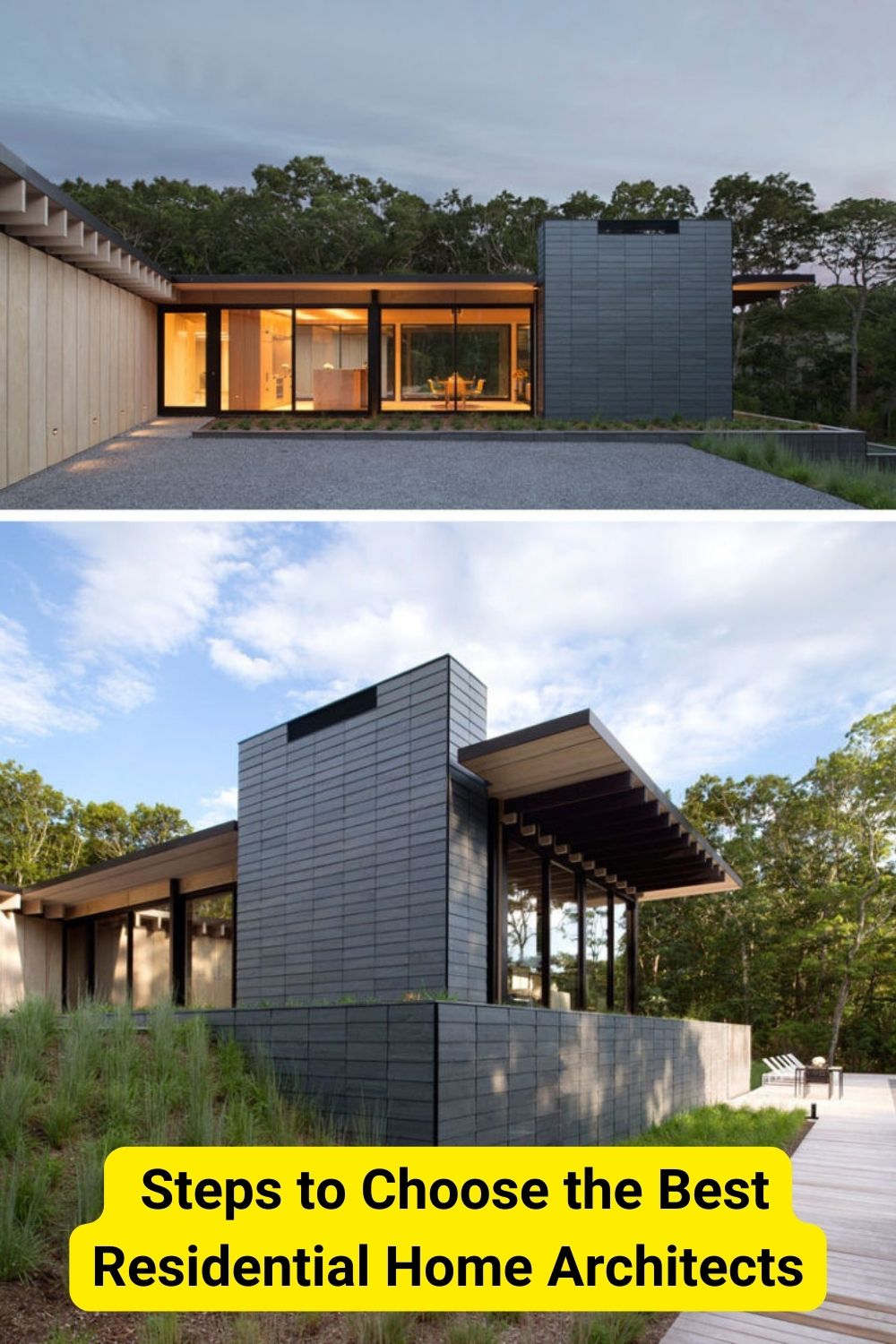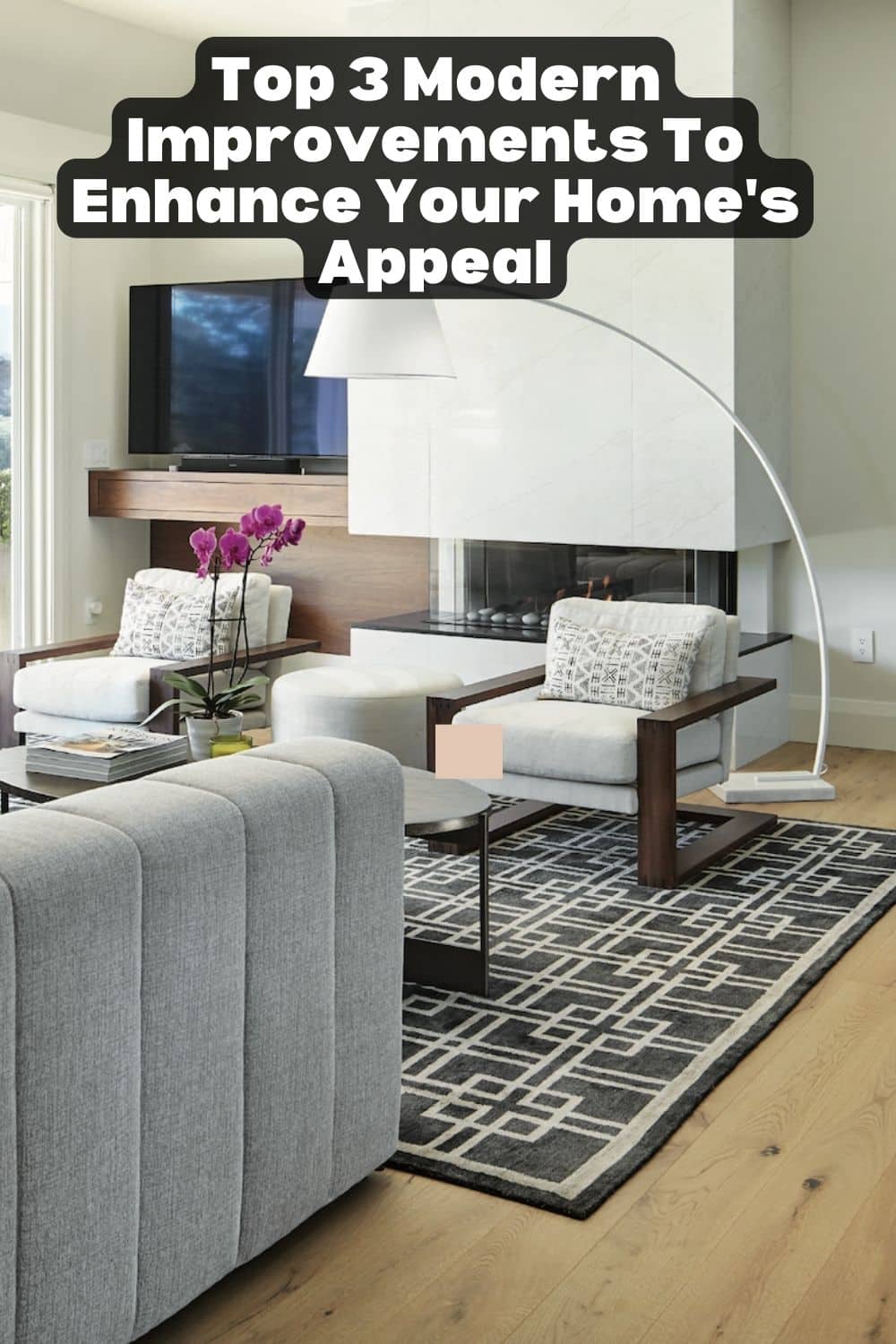Do you have space for a barn but aren’t sure what type to build? There are plenty of options to consider in both style and framing – from pole barns and stick barns to Dutch and English barns! However, it can be overwhelming to decide which one fits your needs and personal preferences with all available options. This article will focus on the construction of pole barns – specifically the pros and cons of this barn style.
A pole barn has open spaces and vaulted cathedral-style ceilings, and they are generally lacking in the basement department. These features make this particular type of barn easily adaptable to different uses, quick to construct, and simpler to finish. But, inversely, they often lack anything other than a wood foundation, aren’t as wide as some styles of barns, and have a shorter life expectancy.
Intrigued if a pole barn might suit you, but still looking for more details? Then, stick around, as we will investigate all the pros and cons of these barns next.
Pros of Pole Barns
There are many advantages that pole barns have over other types of barn construction; let’s look at three of them below.
Fast Build Time
The first benefit we will detail about pole barns is their fast construction time. It should come as little surprise as the origins of the pole barn can be traced to the post-WWII era of farming – where a premium was placed on how fast you could build cover.
This new construction style was famous for its ability to use materials readily on hand and unskilled labor—benefits that a pole barn can still enjoy today. Curious how long a pole barn takes to build? Check out this video to see how a crew built one in just three days.
Very Adaptable
Pole barns are highly adaptable to various uses thanks to the vast amounts of space they often have. A typical barn will consist of one large area divided into a lofted space, bedrooms, bathrooms, and an open living/dining/kitchen.
Open floor plans make this barn style perfect for industrial uses and more novel purposes – like a wedding venue.
Interior is Easy to Finish
Everything from finishing design choices to the proper amount of insulation can easily be incorporated into a barn of this type — with the appropriate planning. It’s because of the post-frame construction method used in the modern construction of such barns. Framing allows the exterior to take on a variety of styles, but it lends the same abilities to the inside.
Open floor plans enable maximum customizability – think of it as a blank canvas. Pole barns have wall studs uniformly spaced every 12 to 18-inches, making these spaces much easier to design and plan.
Cons of Pole Barns
Of course, pole barns won’t be perfect for every situation and aren’t without their detractions.
No Basement
If a cellar is non-negotiable for you, a pole barn may not be the right choice. This is because pole barns are typically constructed without a basement level. Furthermore, it reflects in the foundation of most barns. While most likely won’t have a foundation made of anything other than wood, other choices may be available — but not without an expense.
Shorter Life Expectancy
Pole barns have a somewhat more limited life span than other barn styles. You can expect a pole barn to last 40 to 60 years before needing replacing or substantial rehabilitation. Of course, those numbers fluctuate by several factors. For example, substituting wood for more durable materials can significantly increase longevity.
One way to ensure you get the most extended life out of a pole barn is to work with a quality local contractor during its construction. Most local outfits will be able to give recommendations on how to get the most out of your barn and extend its life with tips and tricks specifically for your location. For example, pole barn homes in Marion, IN, will likely need more robust insulation than a pole barn built in warmer climates – another reason why finding the right partner can make all the difference to the success of your project.
The Bottom Line on Pole Barns
In conclusion, there are undoubtedly distinct pros and cons to building a pole barn. These barns can be great for their speedy construction times and the versatile uses that they can contain. However, others may wish for a more durable barn or one that can more easily incorporate a basement.
A pole barn may be the right option for you, but not for others. The final straws come down to personal preference and monetary restraints. Talk to someone you know that has a pole barn. Ask about their experience. Consult with multiple builders and ask questions. Do your due diligence and then decide what is best for you and yours.





Leave a Reply